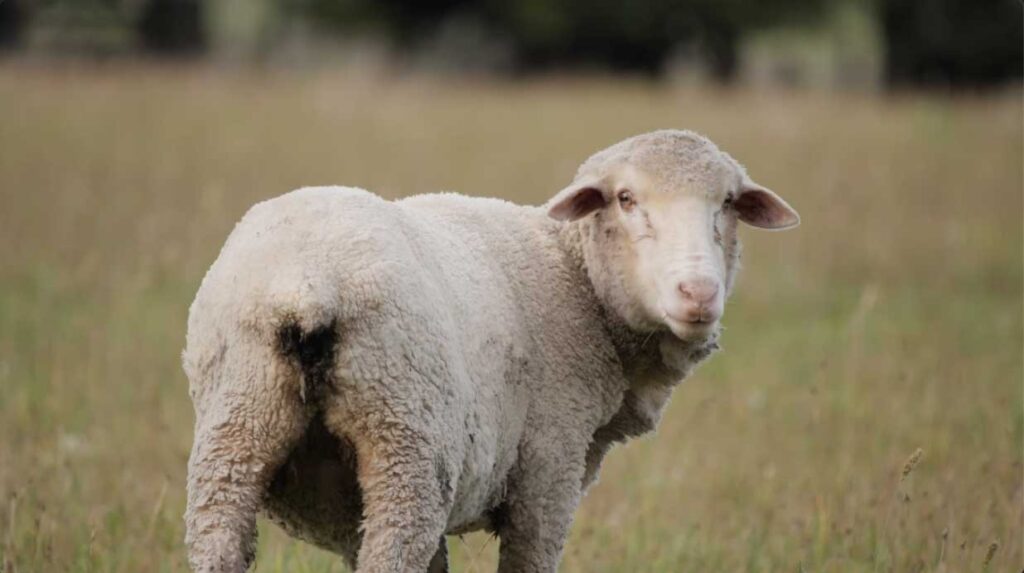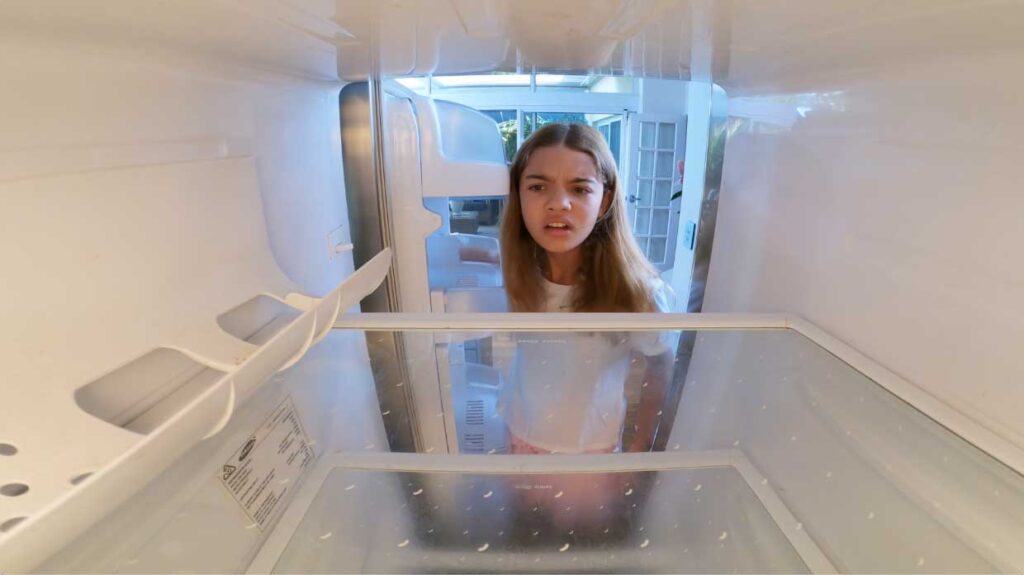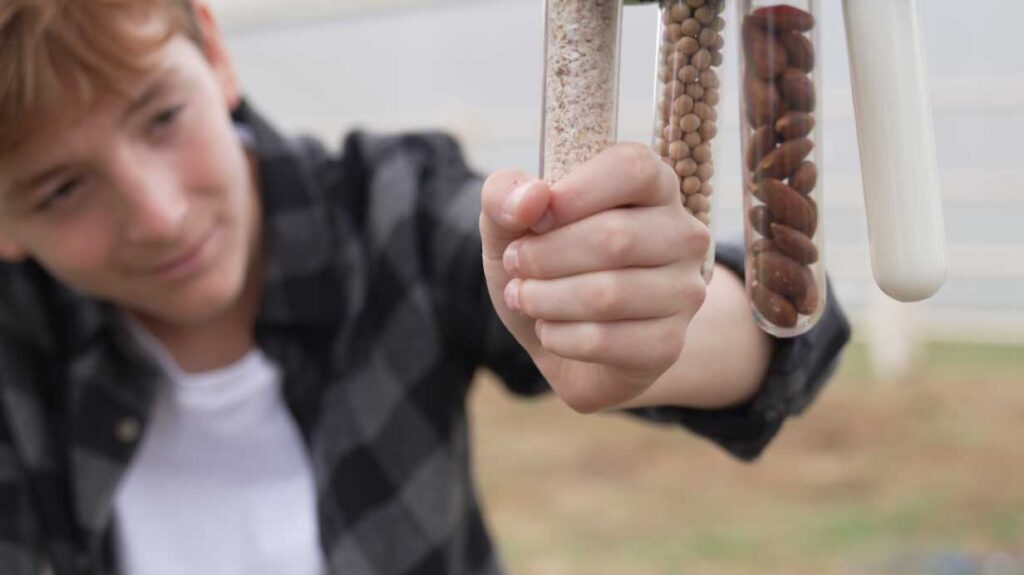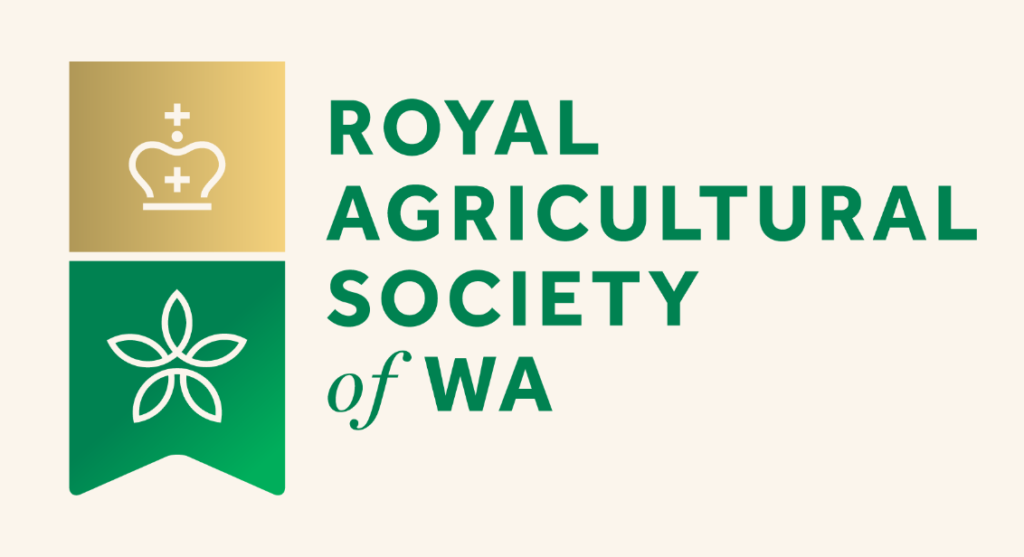
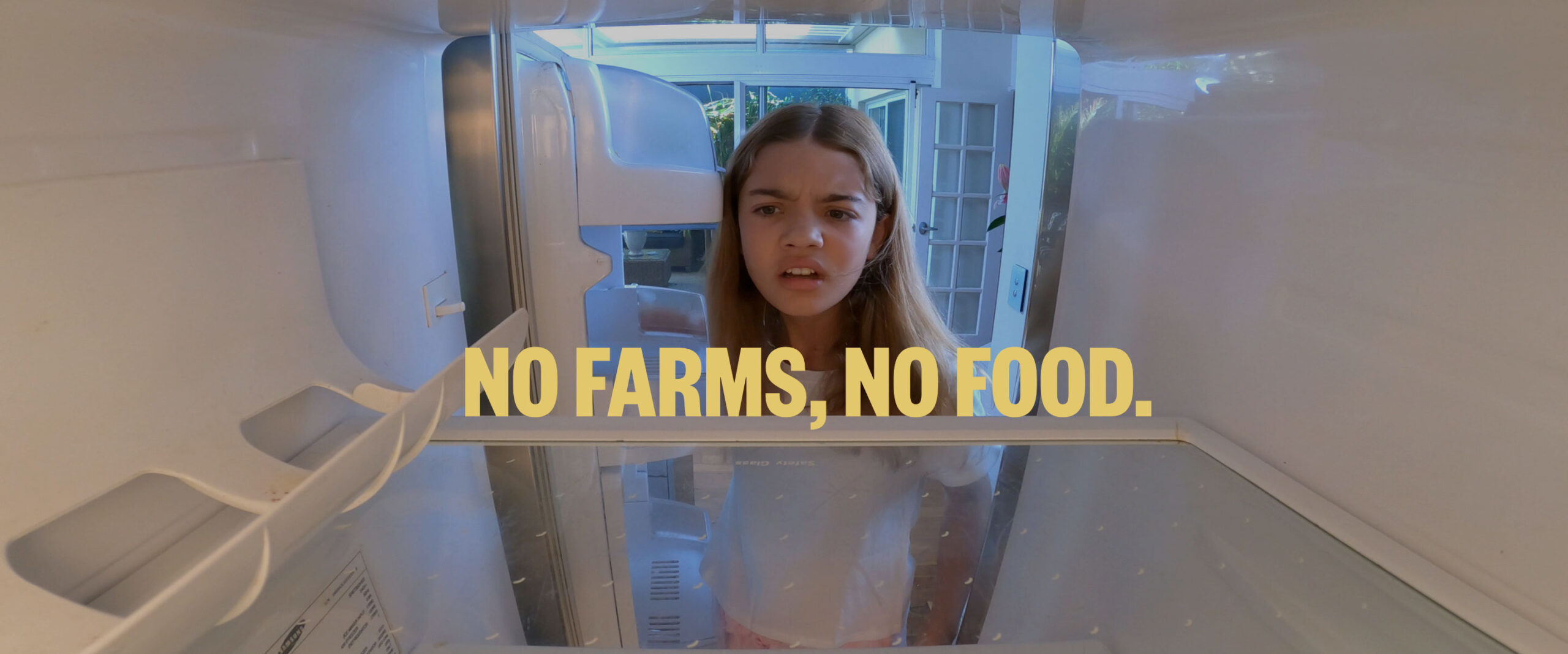
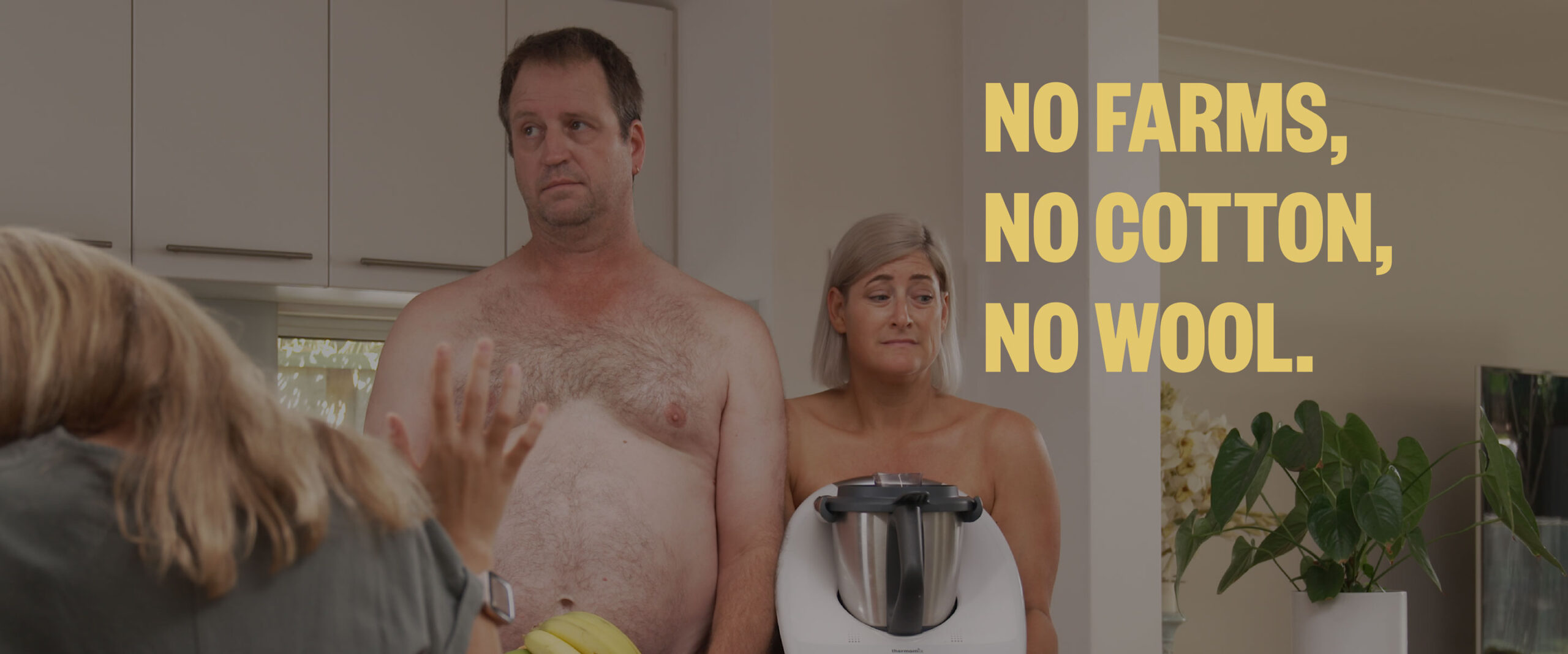
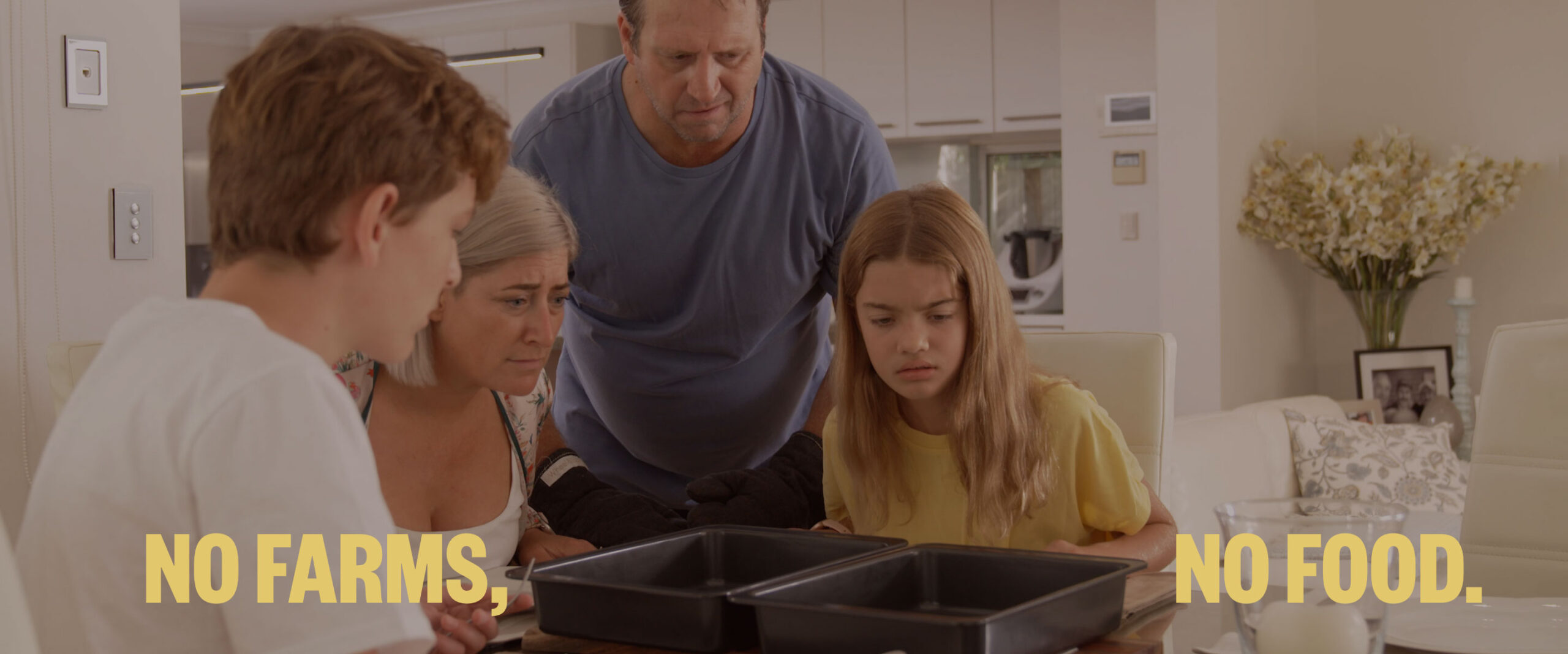
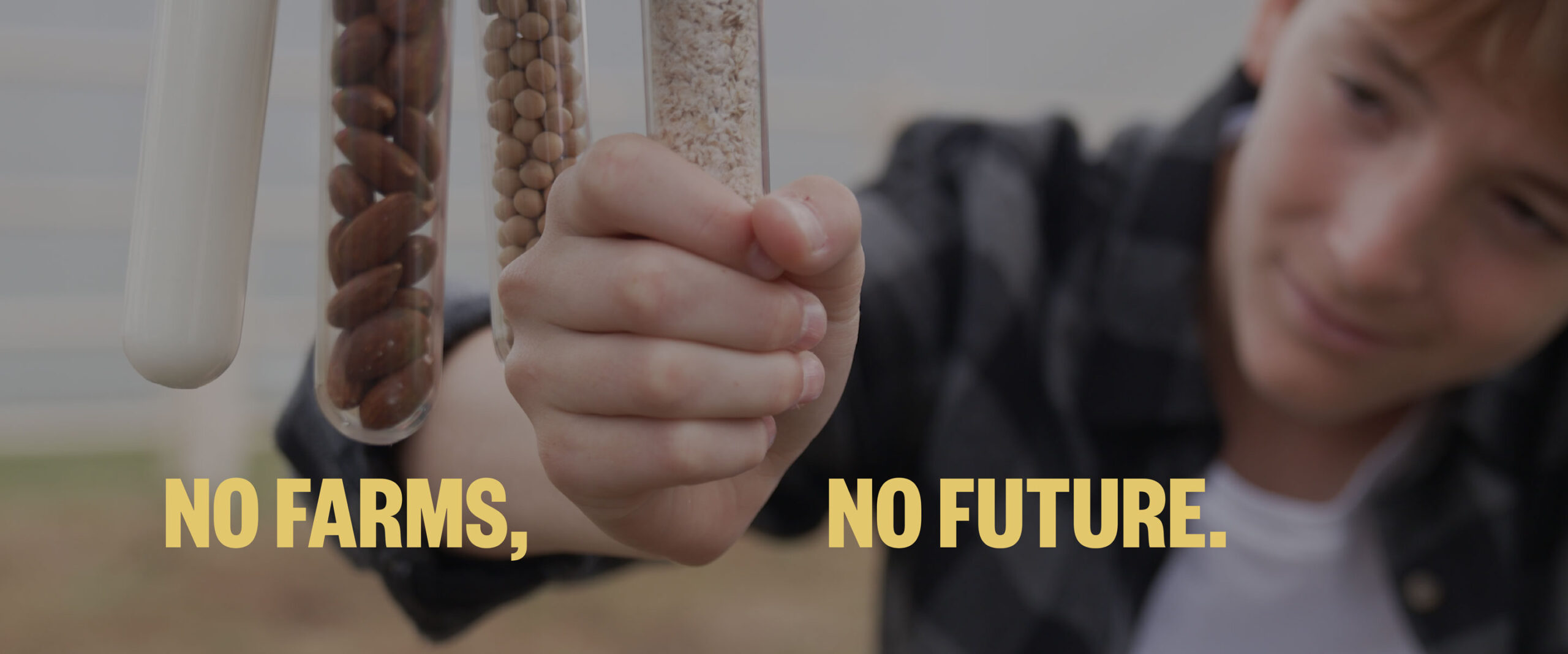
Your life depends on WA Agriculture
From the food you eat to the clothes on your back, and from the drinks in your fridge to the furniture you’re sitting on, it probably came from a Western Australian farm, orchard, station, or plantation.
Agriculture plays an important part of our everyday lives, and the sector is also preparing rapidly for the challenges we face in the future, including climate change, bio security, supply chains, wide-ranging dietary needs, and a growing population.

Scroll down to see how you could
win one of 7 CASH PRIZES
plus Family Passes to the
2023 Perth Royal Show.
WA Agriculture: Vital now.
Essential tomorrow.
Did you know that agriculture is the second biggest export industry in WA?
We are also the leading grain–growing State in Australia, and our diverse climate zones mean we grow a wide variety of produce, all year long.
Click on the links below to read more.
Make a TikTok or Reels video for a chance to WIN $500!
We made some fun videos to show how much our daily lives depend on Agriculture.
(Watch the videos at the bottom of the page and you’ll get the idea!)
Now it’s your turn. Think about what things you’d miss if we didn’t have Agriculture.
Make a funny or interesting Tik Tok or Instagram Reel and use the hashtag #WAagriculture to be entered in the competition
Competition opens April 1 and closes July 31, 2023 at 12:00am WST.
Open to under 18s only. Please get your Mum or Dad’s OK to enter.
7 cash prizes and Royal Show Family Passes to win
We have three prizes of $500 and four prizes of $250 up for grabs.
Plus each winner gets a Family Pass to the 2023 Perth Royal Show.
We made some fun videos to show how much our daily lives depend on Agriculture.
(Watch the videos at the bottom of the page and you’ll get the idea!)
Now it’s your turn. Think about what things you’d miss if we didn’t have Agriculture.
Make a funny or interesting Tik Tok or Instagram Reel and use the hashtag #WAagriculture to be entered in the competition
Competition opens April 1 and closes July 31, 2023 at 12:00am WST.
Open to under 18s only. Please get your Mum or Dad’s OK to enter.
7 cash prizes and Royal Show Family Passes to win
We have three prizes of $500 and four prizes of $250 up for grabs.
Plus each winner gets a Family Pass to the 2023 Perth Royal Show.
Entering is easy
Create your video about what things you’d miss if we didn’t have Agriculture.
Upload here for a chance to win $500.
Optional: Get a bonus entry by posting on TikTok with #WAagriculture.
Watch our videos.
We acknowledge the Traditional Owners and custodians of country throughout Australia and their continuing connection to land, waters and community. We pay our respects to the people, the cultures and the Elders past, present and emerging.

